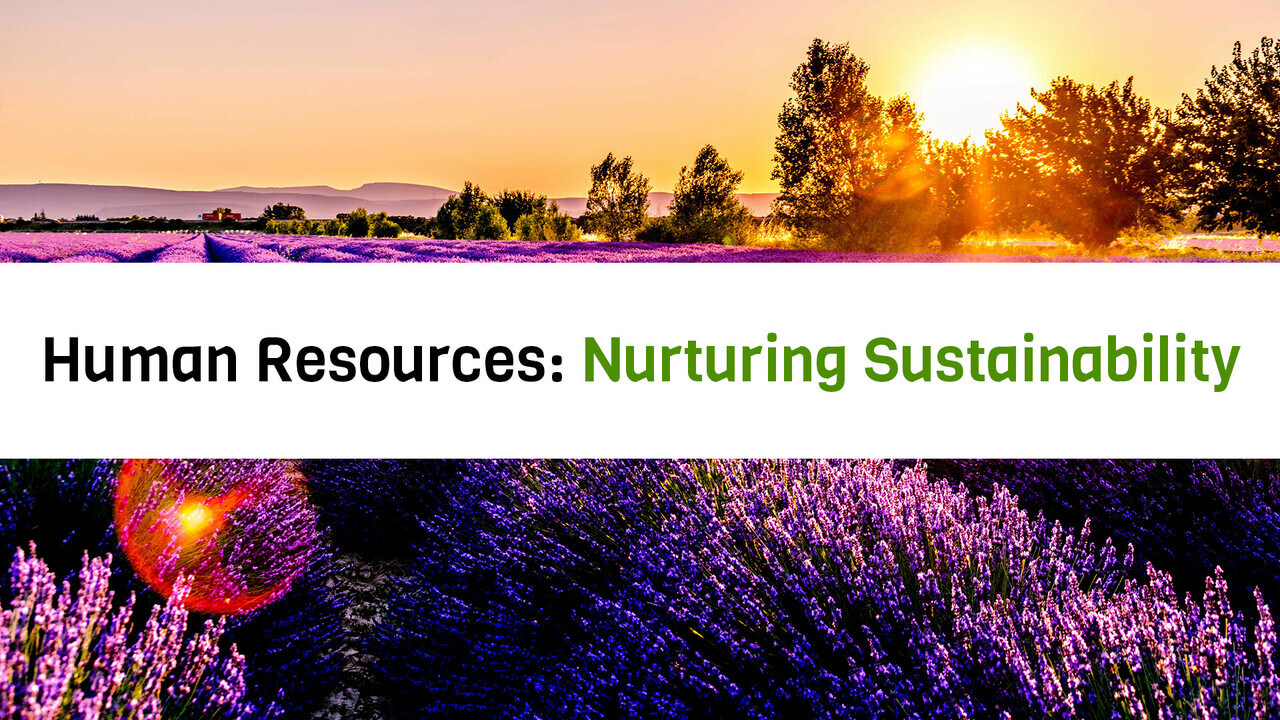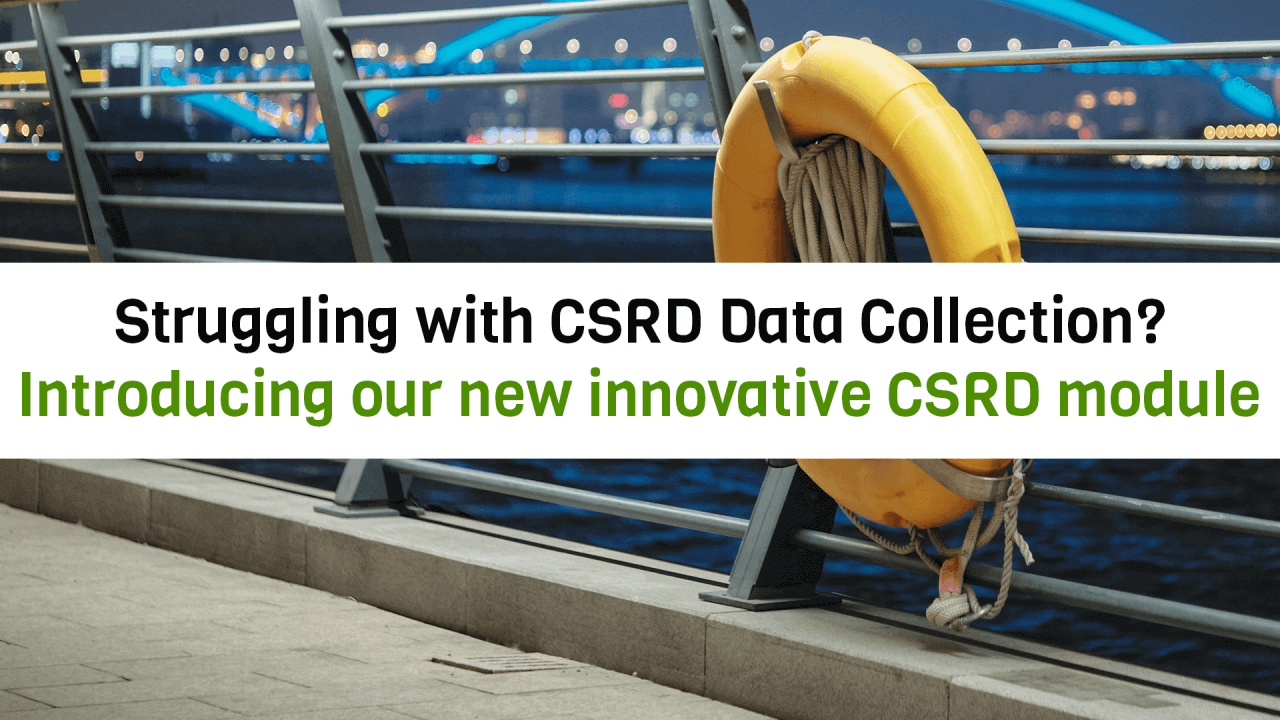7 minutes read: OpEd “Human Resources: Nurturing Sustainability” featuring KPMG & PwC insights on Talent and Skills, inspirational moves by the Dutch Government’s new employee commuting mandatory disclosure report + our latest Sustainability Insight podcast with Alice Schmidt, author of “The Sustainability Puzzle” & “Fast Forward” AND introducing our new Ecosystem Alliance partner ED4S (Education for Sustainability).
😉 [Mode Bridgerton : ON]
Dear Gentle Readers… It’s been a while since our last publication and this author apologies for the delay.
[Mode Bridgerton : OFF] 😎
Yes, apologies for the delay, our team has been quite hectic preparing the release of our Sustainability as a Service portal version 5 with among others an AI Sustainability Council and Planet Transition Planmodules to help companies design their sustainability roadmap, execute & disclose their positive impact…

This has slightly derailed the publication of this Catalyst edition on HR but let’s catch-up, shall we ?
Op-Ed_
If there’s 2 thing we’ve learned on Sustainability & HR through The Green Link ‘s many years of servicing Sustainability Leaders it’s that:
- Delivering on sustainability ambition requires involving of everyone in the company.
- Eco-anxiety is an ever-rising issue for company morale BUT everyone aspires to be a climate-hero.
Which means that Human Resources are a critical enabler of sustainability strategy goals. Now, let’s look at how great synergies have emerged recently between both corporate functions.
Sustainability is a Talent Attraction & Retention Play
One of the surprising fact about HR is how much the topic of a company’s sustainability impact has become a central component of talent attraction & retention. As pointed out already in KPMG UK 2023 Survey “One in three 18–24-year-olds have rejected a job offer based on ESG record”… And that number will keep on rising…
“For businesses the direction of travel is clear. By 2025, 75 per cent of the working population will be millennials, meaning they will need to have credible plans to address ESG if they want to continue to attract and retain this growing pool of talent.”
But the talent play isn’t just about attracting new skills, it’s also about retention. When an employee quits his / her job due to personal concern about the climate trajectory and the inaction of its employer, the company loses twice.
The first loss is obviously relating to knowledge, know-how and capability to be efficient in one’s position – something that takes months or years to hone. So, the team’s productivity will suffer from that talent leaving – however the business pain will not be felt by HR.
The second is loss is directly for HR. Someone leaving means launching the hiring process. Though most of the time overlooked, latest estimates for the cost of hiring a new talent. points to $ 5,000 in the US or around 4,600 EUR on the Old Continent.
And we’re just talking about direct costs here (i.e. publication, headhunting…) while the true cost also needs to be computed with the price of asking internal resources (cost of hour of an interviewer salary) to participate in the recruitment process instead of delivering on their tasks.
You can access the KPGM survey highlights here.
PwC CEO Survey highlights the recognised need to launch internal climate re/up-skilling program.
We’ve just seen how it is in the Human Resources best interest to help nurture, attract and retain talents – and not just for sustainability roles.
Another important strategic topic that HR can must work side-by-side with the Sustainability team is on enhancing the company’s staff knowledge and understanding of what is Sustainability and how it can be embedded in everyone’s job and day-to-day work.
In its recent 27th Annual Global CEO Survey, the advisory firm PwC concludes that more than 66% of CEOs are planning to upskill the workforce for Climate Change megatrend.
That shouldn’t come as a surprise as the need for both knowledgeable staff to fill sustainability positions and knowledgeable staff overall to help execute the sustainability strategy goals is on the rise due to stronger expectations from regulators (hint: think CSRD) and shareholders.
As Universities cannot churn sustainability-trained or sustainability-primed recruitment candidates fast enough, companies must design and roll-out up-skilling programs on Sustainability to ensure keeping a competitive edge.
You can get a brilliantly summary of this survey by Mark (Moshe) Segal in his ESG Today article – the original survey results is available here.
New Netherlands soft mobility disclosure degree to push HR on travel policies
Last year, the Dutch Government prepare its Work-Related Passenger Mobility Decree, coming into force July 1st, 2024 – first report due in 2025. This will require HR to collect, aggregate and report on all travels business and commuting travel done by their staff.
The report needs to disclosure accurate and auditable date with the following details:
- Total annual kilometres travelled by their employees
- Breakdown by means of transport and fuel type
- Nature of mobility (commuting or business) tags
Now according to the GHG Protocol Chapter 7 definition, employees commuting is both a scope 1 / scope 2 topic (if they go with proprietary means of transport like owned cars) or a scope 3 topic if they use private – e.g. taxi – public transport – eg. public bus services.
There is no doubt that such a regulation will encourage HR functions both to rethink travel policies and potentially make soft-mobility an entire part of the employee benefit package and to look at government subsidies like UK work charging scheme (for UK readers, this scheme is available until 31st of March 2 2025) to deploy EV recharging stations on the company’s parking lots.
Sustainability Insights Coffee-Chat : The Podcast series
🚨 If you’re a sustainability professional, or if you’re job now includes stewardship obligations to help reduce your company’s #environmentalfootprint, you will ❤️ this Sustainability Insights coffee-chat session with Alice Schmidt, Davis Mukasa & I recently hosted on our Spotify podcast https://lnkd.in/expi-vp8

While reading both of Alice’s book – “The Sustainability Puzzle” (E-focused) and “Fast-Forward” (SG-focused), I was reminded of this quote
“The thing the ecologically illiterate don’t realise about an #ecosystem, is that it’s a system. A system! That’s why the highest function of #ecology is the understanding of #consequences.” – Frank Herbert in DUNE
So forget about carbon-myopia, #sustainability is way more complex than just #CO2. Amongst other illuminating bits, Alice argues that sustainability encompasses environmental, social, economic, and technological aspects that essentially make EVERY job a ‘sustainability’ job.
Curious and eager? Dive into our straight-talking coffee-chat with Alice on our Spotify podcast here: https://lnkd.in/expi-vp8 😉
New Ecosystem Alliance Partner: Raising awareness & knowledge of what is Sustainability is key to create an internal momentum.
In the face of today’s complex global challenges, collaboration within an ecosystem is essential to move from sustainability commitments to sustainability achievements.
There is simply no one organisation or ESG service provider that holds all the solutions and answers.
According to the recent study by IBM , companies that embed sustainability have 16% higher revenue growth and are 52% more likely to outperform peers.
Since ESG regulation and client pressure is now impacting virtually every department, there is an increasing need to have trained staff to address the growing demand.
At Education for Sustainability (Ed4S), we are helping large organisations to embed sustainability by bridging the sustainability skills gap that persists across various roles. Our role specific, scalable, and customisable training solution helps Sustainability Leaders to save time and resources on developing and updating sustainability training decks.
As Nelson Mandela once stated, “Education is the most powerful weapon which you can use to change the world.” However, not all education is made equal. In today’s high-paced world, corporate training must be role specific and actionable.
Inspired by this vision, Ed4S has been serving banks, asset managers, and insurers with their cutting-edge solutions, that range from employee onboarding to role-specific AI-based simulator training.
These solutions are purpose-built to maximise the return on employee sustainability training budget and ensure that various business units are properly equipped to face sustainability-related risks and opportunities.
Ed4S also contributes to thought leadership in the space through our podcast “Sustainability in Motion”, white papers and articles.
We look forward to building strong bonds with The Green Link ‘ ecosystem and creating synergies between our solutions to better serve organisations on their sustainability journeys.

